Keeping eggs clean in the nest box is an important step in egg safety and it’s not difficult to achieve. Occasionally an egg will become soiled with droppings or dirt carried into the nest box by a hen, but 99% of eggs from backyard chickens should be clean when collected. Here are some simple steps to ensure clean eggs at the point of collection.
1. Adequate Padding in the Nest Boxes
Eggs that have a soft spot to land will be less likely to break than those that drop onto the bottom of a hard nest box. This is also a good way to prevent hens from becoming egg-eaters. I use nest pads with or without pine shavings on top of them. I don’t recommend the use of regular straw in nests for a variety of reasons, one of which is that hens scratch it out of the nest boxes, leaving eggs unprotected.
Spruce the Coop Herbal Fusion mixed into the nesting material makes for a welcoming nest!
2. Sand as Litter in the Coop and Run
Sand dries up droppings quickly and keeps chickens’ feet cleaner than any other litter type. Chickens that walk into a nest box with clean feet do not soil the nest or eggs with mud or droppings that they walked through enroute to the nest box.
3. Train Chicks Not to Sleep in Nest Boxes
Good habits are easier to instill than bad habits are to break. Chickens should be discouraged from sleeping in nest boxes from the day they move into the coop because chickens that sleep in nest boxes poop in nest boxes. When eggs are laid on top of fecal matter, they become contaminated. Information about training chickens not to sleep in nest boxes, here.
Barricading the nest boxes with egg cartons discourages sleeping in them
4. Provide One Nest Box for Every Four Hens
Sometimes when there are not enough nest boxes, hens will lay their eggs outside the coop where sanitation cannot be controlled. Providing enough nest boxes is one step towards ensuring that hens do not wander away to lay their eggs.
5. Check Nest Boxes Early and Often
Occasionally a hen will soil the nest regardless of efforts made to prevent it. Checking nest box sanitation as early as possible in the day provides the opportunity to clean them before eggs are laid. Frequent egg collection allows for periodic sanitation checks throughout the day.
6. Collect Eggs Frequently
Collect eggs frequently throughout the day if possible. The less time eggs spend in the nest boxes, the less likely they are to be broken, eaten or soiled accidentally. Roll-out nests are great for chicken-keepers that are not at home the majority of the day.
7. Do Not Allow Broody Hens to Raise Chicks In Nest Boxes
Chicks hatched and raised by a mother hen inside a nest box will poop in the nest box overnight. When she takes the chicks out for breakfast in the morning, other hens will use the dirty nest box to lay their eggs. Move broody hens to a different location either before or after the eggs hatch.
8. Clean Feathers that Have Become Soiled with Droppings
For a number of reasons, droppings may soil vent feathers. Hens with soiled feathers near the vent should be bathed. If chickens have chronically dirty vent feathers, diarrhea is often the culprit. A diet that includes food items BESIDES their layer feed is usually the cause of irregular droppings and dirty vent feathers. Eliminate treats, snacks, table scraps, fruit, vegetables, mealworms, cracked corn, scratch- ANYTHING that is not their chicken feed. A nutritionally complete chicken feed contains all the nutrients chickens require in the correct balance to be healthy and produce eggs to their potential. Treats interfere with that balance, often causing irregular droppings. Irregular droppings or consistently soiled vent feathers are red flags that call for droppings to be tested for parasites to rule out worms and coccidiosis.
Kathy Shea Mormino
Affectionately known internationally as The Chicken Chick®, Kathy Shea Mormino shares a fun-loving, informative style to raising backyard chickens. …Read on


shop my SPONSORS
Keeping eggs clean in the nest box is an important step in egg safety and it’s not difficult to achieve. Occasionally an egg will become soiled with droppings or dirt carried into the nest box by a hen, but 99% of eggs from backyard chickens should be clean when collected. Here are some simple steps to ensure clean eggs at the point of collection.
1. Adequate Padding in the Nest Boxes
Eggs that have a soft spot to land will be less likely to break than those that drop onto the bottom of a hard nest box. This is also a good way to prevent hens from becoming egg-eaters. I use nest pads with or without pine shavings on top of them. I don’t recommend the use of regular straw in nests for a variety of reasons, one of which is that hens scratch it out of the nest boxes, leaving eggs unprotected.
Spruce the Coop Herbal Fusion mixed into the nesting material makes for a welcoming nest!
2. Sand as Litter in the Coop and Run
Sand dries up droppings quickly and keeps chickens’ feet cleaner than any other litter type. Chickens that walk into a nest box with clean feet do not soil the nest or eggs with mud or droppings that they walked through enroute to the nest box.
3. Train Chicks Not to Sleep in Nest Boxes
Good habits are easier to instill than bad habits are to break. Chickens should be discouraged from sleeping in nest boxes from the day they move into the coop because chickens that sleep in nest boxes poop in nest boxes. When eggs are laid on top of fecal matter, they become contaminated. Information about training chickens not to sleep in nest boxes, here.
Barricading the nest boxes with egg cartons discourages sleeping in them
4. Provide One Nest Box for Every Four Hens
Sometimes when there are not enough nest boxes, hens will lay their eggs outside the coop where sanitation cannot be controlled. Providing enough nest boxes is one step towards ensuring that hens do not wander away to lay their eggs.
5. Check Nest Boxes Early and Often
Occasionally a hen will soil the nest regardless of efforts made to prevent it. Checking nest box sanitation as early as possible in the day provides the opportunity to clean them before eggs are laid. Frequent egg collection allows for periodic sanitation checks throughout the day.
6. Collect Eggs Frequently
Collect eggs frequently throughout the day if possible. The less time eggs spend in the nest boxes, the less likely they are to be broken, eaten or soiled accidentally. Roll-out nests are great for chicken-keepers that are not at home the majority of the day.
7. Do Not Allow Broody Hens to Raise Chicks In Nest Boxes
Chicks hatched and raised by a mother hen inside a nest box will poop in the nest box overnight. When she takes the chicks out for breakfast in the morning, other hens will use the dirty nest box to lay their eggs. Move broody hens to a different location either before or after the eggs hatch.
8. Clean Feathers that Have Become Soiled with Droppings
For a number of reasons, droppings may soil vent feathers. Hens with soiled feathers near the vent should be bathed. If chickens have chronically dirty vent feathers, diarrhea is often the culprit. A diet that includes food items BESIDES their layer feed is usually the cause of irregular droppings and dirty vent feathers. Eliminate treats, snacks, table scraps, fruit, vegetables, mealworms, cracked corn, scratch- ANYTHING that is not their chicken feed. A nutritionally complete chicken feed contains all the nutrients chickens require in the correct balance to be healthy and produce eggs to their potential. Treats interfere with that balance, often causing irregular droppings. Irregular droppings or consistently soiled vent feathers are red flags that call for droppings to be tested for parasites to rule out worms and coccidiosis.



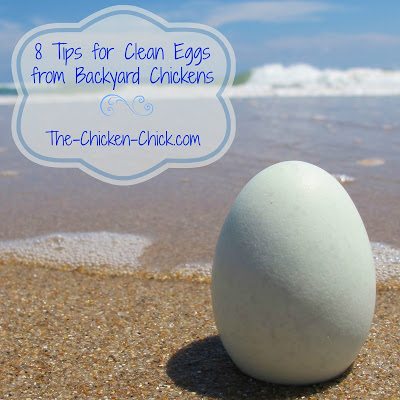
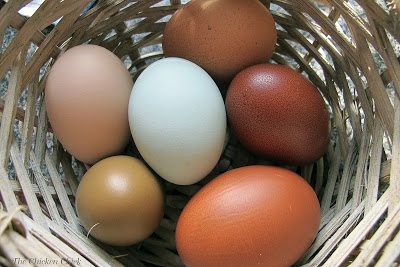
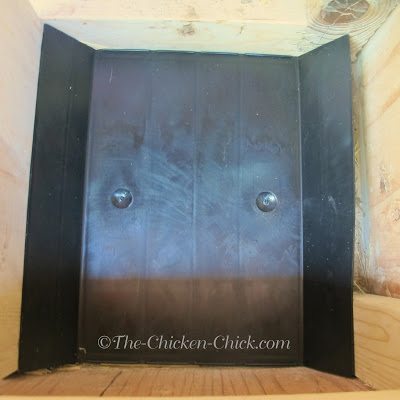
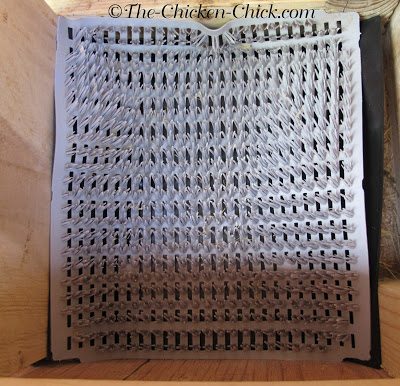
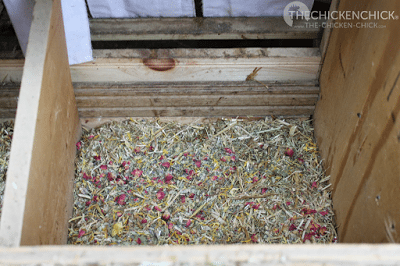
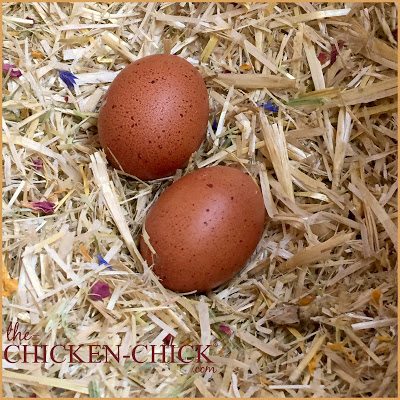
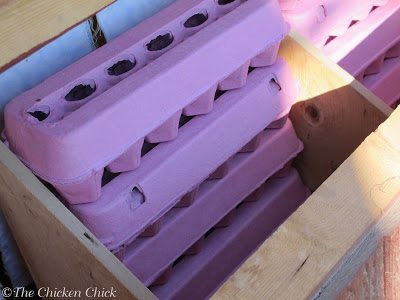


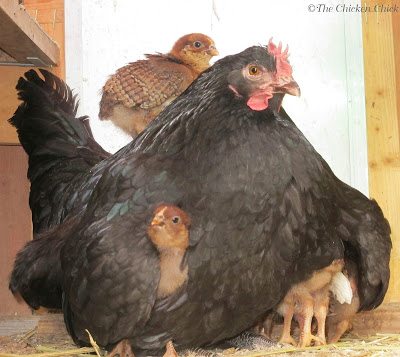
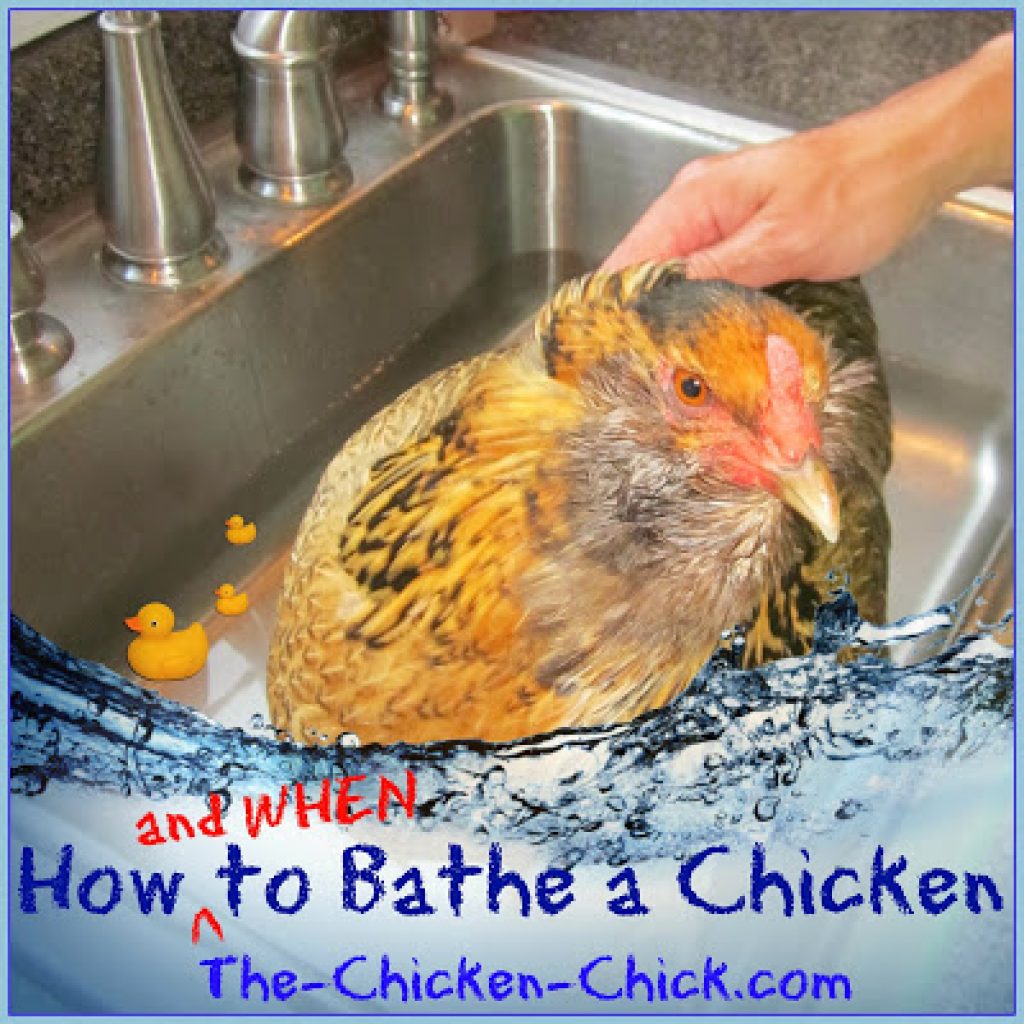
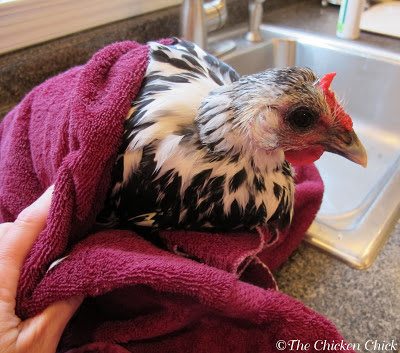
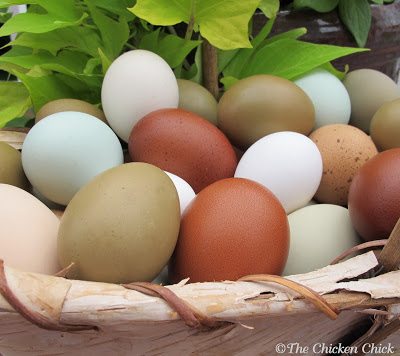






















What type of sand is best in coop
I recently learned to steam the eggs in my electric pressure cooker for 7 minutes.I marked the ones that didn’t pass the float test. I learned that Kathy is right, that there is no way to tell. Two of the floating ones had good color and good smell of the cooked yolk. Two unmarked non-floating had dark yolk. Two exploded in the cooker…and leaked normal color egg as though it were scrambled. The ones that were good were fine for making Egg Salad. The dark color comes from the break down, making sulfur, causing the eggs to float. The yokes… Read more »
One of my girls lays an egg which seems coated in a yolk like substance which gets all over the other eggs. I’ve no ide who laid it but it is narrowed down to 3 of the girls. Should I be alarmed? Or look for other symptoms?
Great site, Lots of useful info Thanks
I think your neighbor wants a dozen free eggs :)